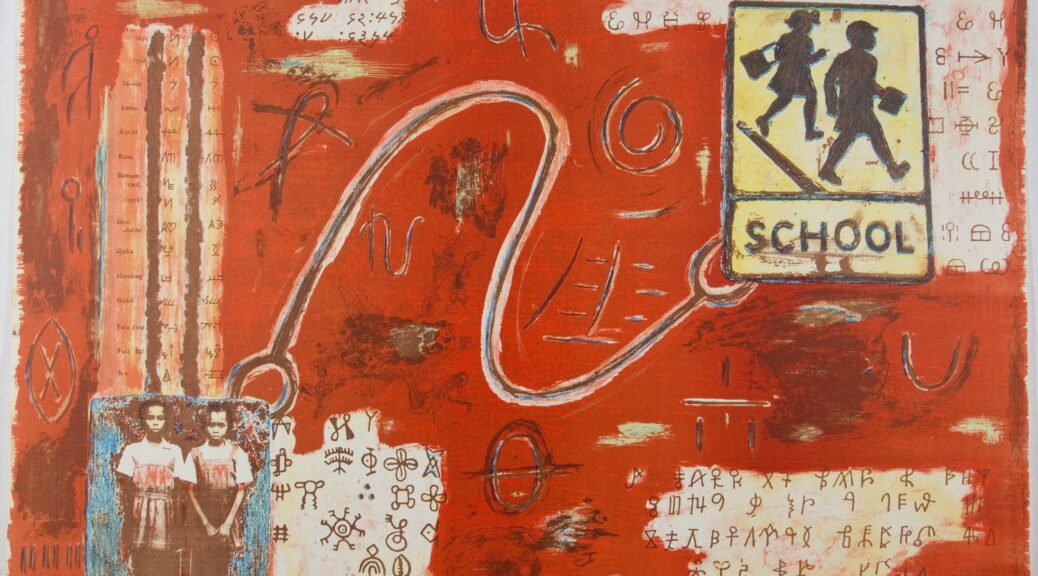In Nuestra América (1891), Cuban poet and philosopher José Martí calls for a pan–Latin American identity that grounds itself in the need to value autochthonous knowledge: “Knowing is what counts. To know one’s country and govern it with that knowledge is the only way to free it from tyranny. The European university must bow to the American university. The history of America, from the Incas to the present, must be taught in clear detail and to the letter, even if the archons of Greece are overlooked. Our Greece must take priority over the Greece which is not ours. We need it more.”
A new online exhibition, A Hemisphere of Knowledge: A Benson Centennial Exhibit, accessible in English, Spanish, and Portuguese, explores the implications of Martí’s words across time and cultures, using a wealth of resources available at the Benson Latin American Collection.
“This exhibit, divided into six sub-themes, seeks to present different types of knowledge production from the Americas while recognizing that our universality comes from relations based upon diversity, and that these relations, like cultures themselves, are constantly changing,” said Daniel Arbino, head of collection development at the library and curator of the exhibit. In conceiving the exhibit, Arbino sought to examine “the diverse production of knowledge from the many cultures that make up what we now call the Americas.” He adds that “the exhibition considers this knowledge against the backdrop and legacies of hegemony, thereby situating it within the power dynamics of colonialism, imperialism, and neoliberalism. A Hemisphere of Knowledge is intentionally political because it values cultural beliefs that have been dismissed due to legacies of power.”
Learn more about the Benson Centennial at benson100.org.
Above: Knowledge, by Terry Boddie

